For this CSCS test revision page, we’ll be going over the Health and Safety signs you’ll need to know on your test day.
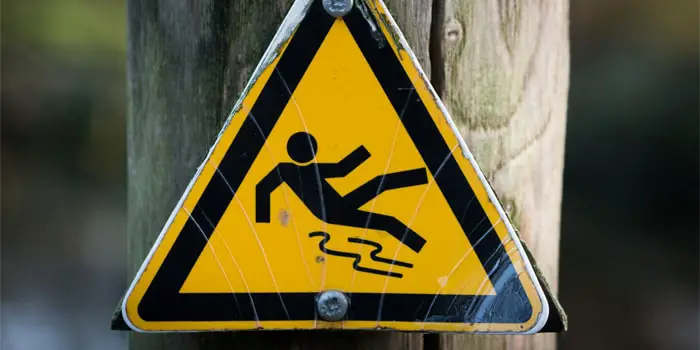
There are basically 4 types of health and safety signs you’ll encounter in your test, these are:
Here’s a quick explanation of each followed by a few examples of the health and safety signs you’ll need to know to pass your CSCS test in 2025.
|
Hazard Warning Signs – Hazard warning signs are used to signify that there’s a possibility of injury. These safety signs are usually triangular and they’re usually yellow with a black image – see examples below.
|
||
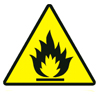 |
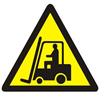 |
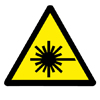 |
| Warning – flammable substance | Industrial vehicles moving around | Warning – laser beams |
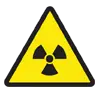 |
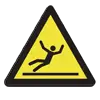 |
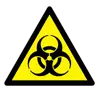 |
| Warning – radioactive | Warning – slippery surface | Warning – biohazard |
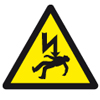 |
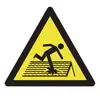 |
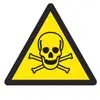 |
| Risk of electrocution | Warning – fragile roof | Warning – toxic |
|
Safe Condition Signs – Safe condition signs are usually green, these signs are used to indicate a safe condition. One popular example of this type of sign is the fire exit sign that you see every day at work or in the shops – see more examples below.
|
||
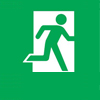 |
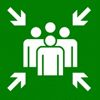 |
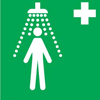 |
| Emergency exit or escape route | Emergency assembly point | Emergency first aid shower |
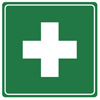 |
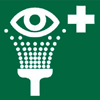 |
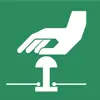 |
| First Aid | Emergency eyewash station | Emergency stop |
|
Mandatory Signs – Mandatory signs are used to say an action must be done, these signs are usually blue and white. Put simply, if you see a mandatory safety sign you MUST carry out the action it is implying – see examples below.
|
||
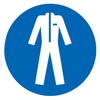 |
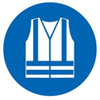 |
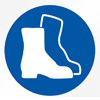 |
| Safety overalls must be worn | High-visibility clothing must be worn | Safety footwear must be worn |
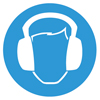 |
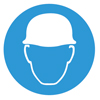 |
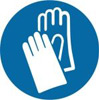 |
| Hearing Protection must be worn | Safety helmet must be worn | Safety gloves must be worn |
|
Prohibition Signs – Prohibition signs are used to tell you that an action is not allowed. These safety signs are usually red and white, one common example of this type of safety sign is the NO smoking sign – see more examples below.
|
||
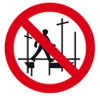 |
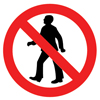 |
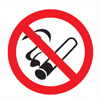 |
| Incomplete or unsafe scaffold | No access for pedestrians | No smoking |
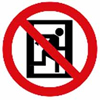 |
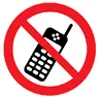 |
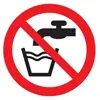 |
| No escape route | No mobile phones | Do not drink |
|
Other Signs – There are a few other fire safety-related signs you will need to know. These will tell you the location of important items such as fire extinguishers and other fire fighting equipment, fire alarm call point, and where the fire hose reel is located.
|
||
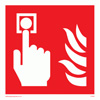 |
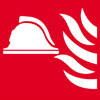 |
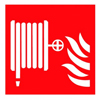 |
| Fire alarm point | Fire fighting equipment kept here | Fire hose reel kept here |
Summing up
If you find it difficult to remember the colours of each sign then just use the traffic light method.
Red signs mean stop (like the traffic light), yellow signs mean beware of hazard (like the traffic light), green signs mean it’s safe (like the traffic light), and blue means you have to do something (like the blue lights on a police car).
